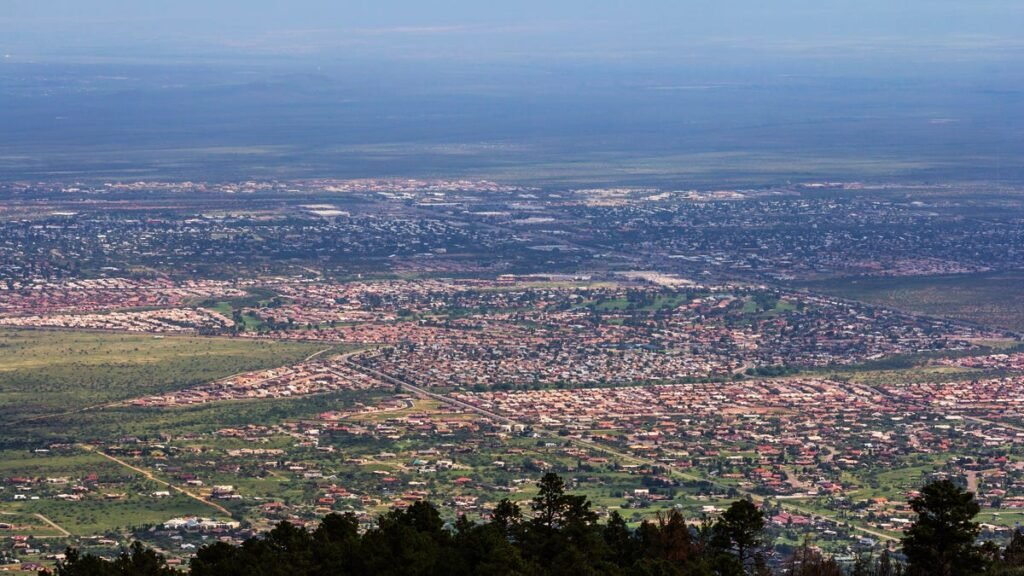Cochise County to Revisit Prison Tax Proposal
Cochise County is gearing up for a new election this fall aimed at increasing taxes to fund new prisons, more than two years after an earlier attempt at a similar measure was deemed invalid.
- The upcoming vote on November 4 will ask residents to consent to excise taxes for the construction and operation of a new county jail.
- This decision follows a May 2023 election wherein about 52% of participants endorsed a half-cent excise tax over a 25-year span.
- Concerns were raised as nearly 11,000 inactive voters were unable to cast their ballots, prompting the Arizona Court of Appeals to rule that these voters were disenfranchised, leading to the second election.
County officials are optimistic, stating, “We are seeking voters’ approval for taxes to acquire, build, and fund a new facility.” This election differs from the previous one, as it will allow for in-person voting, unlike the all-mail process before. There’s a sense that not everyone, including some residents, liked that earlier arrangement.
In the May 2023 vote, a group of Cochise County residents—including Daniel Laschans and Yvonne Mayer—contested the election results on the grounds that the lack of outreach to inactive voters skewed the outcome. Under state law, individuals declared inactive can still participate if they confirm their addresses with election officials after missing previous correspondence.
The initial dismissal of the case by Judge David Thorne in Cochise County Superior Court indicated no discernible misconduct. However, after an appeal, the Arizona Court of Appeals found that the county had indeed inadvertently excluded around 11,000 voters.
Subsequent motions by the county to have the Arizona Supreme Court review the case took a turn after new board members were elected in November. The matter returned to the Superior Court, leading to the dismissal of further motions as legal tensions escalated, particularly with the Arizona Attorney General’s office stepping in, contesting the county’s actions as violations of state law.
On May 22, Visiting Judge Michael Latham rejected additional requests from the state and approved the dismissal of the case.
La Sota, representing the county, described the state’s intervention as “very disappointing,” arguing that it undermined the local board’s authority to resolve election issues. He expressed frustration at what he viewed as an overreach by state officials into local electoral matters.







